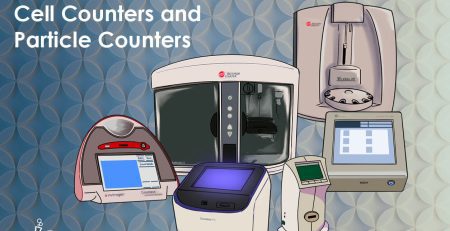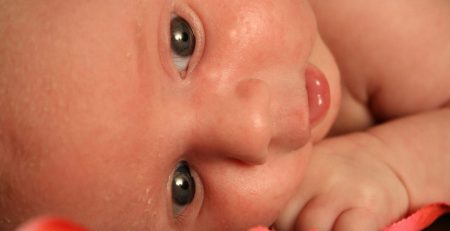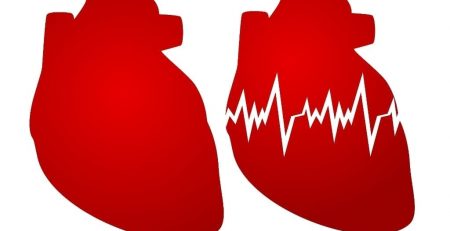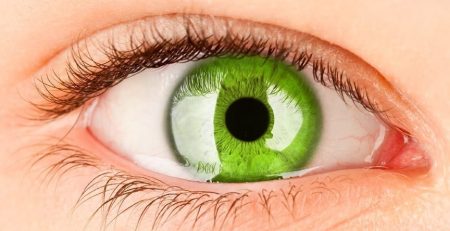New Study Finds 1 in 3 COVID-19 Survivors Have Neurological or Psychiatric Problems Within Six Months
A new cohort study, recently published in The Lancet Psychiatry, has found that 1 in 3 COVID-19 survivors received a neurological or psychiatric diagnosis. These diagnoses occur within six months of having the infection. These survivors according to IFLScience.com, and are more likely to suffer from brain conditions compared to patients who suffered from other respiratory tract ailments.
The new study looked at electronic health records of 236,379 COVID-19 patients from the US and compared the outcomes with two other cohorts. The two cohorts consisted of 105,579 patients diagnosed with influenza and 236,038 patients diagnosed with any type of respiratory tract infection. They found that 34 percent of COVID-19 patients were diagnosed with a neurological or psychiatric condition within 6 months of infection. For 13 percent of these patients, it was their first neurological or psychiatric diagnosis.
Data confirms High Rate of Psychiatric Diagnosis
“These are real-world data from a large number of patients. They confirm the high rates of psychiatric diagnosis after COVID-19 and show that serious disorders affecting the nervous system (such as stroke and dementia) occur too.”, said lead author Professor Paul Harrison, for the Department of Psychiatry at Oxford University, in a statement. “While the latter are much rarer, they are significant, especially in those who had severe COVID-19.”
“Although the individual risks for most disorders are small, the effect across the whole population may be substantial for health and social care systems due to the scale of the pandemic and that many of these conditions are chronic. As a result, health care systems need to be resourced to deal with the anticipated need, both within primary and secondary care services.”
As with any study, particularly those related to COVID-19, more research will need to be conducted in order to fully understand what mechanisms are involved. Future research should also look into how risk factors for neurological or psychiatric conditions in those experiencing only mild COVID-19 fare.














